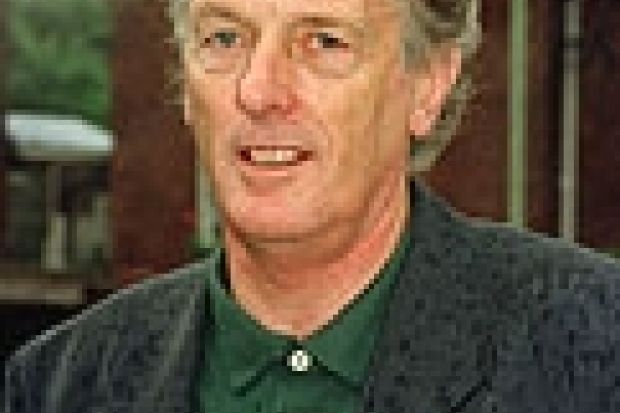Labour MP Ian Gibson has been elected chairman of the House of Commons science and technology select committee, despite initial opposition from party whips.
His appointment was confirmed during the committee's first meeting of the parliamentary year on Wednesday.
Membership of the 11-strong panel, which will investigate scientific issues on behalf of the House of Commons, will include three scientists and eight lay people, two of whom had medically related careers. The balance on the committee was the reverse in the previous Parliament.
Dr Gibson, former dean of biology at the University of East Anglia, is an independent-minded MP with a strong interest in science. He has served on the committee since entering Parliament in 1997.
Government whips are believed to have preferred Andrew Miller, a geological analyst and another former member of the committee. Mr Miller has instead been appointed as a parliamentary aide.
Dr Gibson said he wanted the scientific community to come forward to propose issues for the committee to investigate. He added: "The committee certainly won't be as friendly to the government as it might have been. My feeling is government doesn't handle scientific information at all well."
One issue the committee is expected to investigate will be the funding of young scientists and how they might be encouraged to remain in the United Kingdom's research community. It may also look at the government inquiry into the foot-and-mouth epidemic and the health impact of illicit drugs.
Finalisation of committee membership was delayed for almost four months while party whips drew up candidate lists.
Dr Gibson will be accompanied by three other MPs who served on the committee during the previous Parliament: Brian Iddon, former reader in organic chemistry at Salford University; Tony McWalter, former lecturer in philosophy at Hertfordshire University; and Des Turner, a former medical research scientist.
New members include a former Royal Navy surgeon commander, an ophthalmic optician, a postal officer, a journalist and amateur astronomer, a trade union official, a chartered accountant and a company director with a PhD in industrial engineering.
Dr Gibson's appointment will see him rub shoulders again with David King, the government's chief scientific adviser. Both were trade union representatives at East Anglia in the 1970s.
